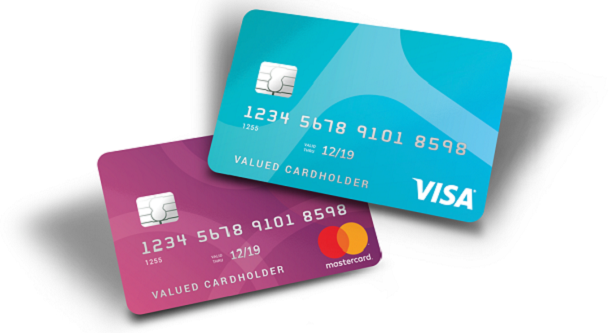
If you miss a payment for your credit card, or carry out international transactions or even simply withdraw funds from the card at an ATM, the results are very costly as charges begin to apply.
Charges will also apply if you go over credit card limit and this could have a negative effect on your credit score and future access to credit.
How do credit card charges work?
Firstly, the importance of credit cards cannot be underestimated. It helps you offset huge work-related purchases, enhance your credit history and meet potentially difficult financial obligations and give you the ability to repay later. If you, however, use the cards poorly, the result will be unnecessary high charges.
You could also find yourself in serious debt and completely obliterate your good financial standing and destroy your chances of accessing credit in future.
Before you get a credit card, use it or request an increase in credit limit think about your ability to repay to avoid serious charges in future and affecting your credit score negatively.
Get £75 Free credit when you apply using the Capital On Tap Promo Code with Lending Expert.
Pay off your card in full every time
It’s highly important to ensure credit card balance is paid off entirely without missing any payment every month. This will help you avoid charges and high interest.
Do ensure your payments are made in full and the minimum amount is paid as expected each month. Note that late payment attracts charges and negative entries on your credit record. To be on the safe side, ensure you have a working direct debit to make credit card payments when they’re due without missing any.
What credit card charges are there?

Credit card charges can cover a range of different aspects:
Withdrawing cash from your credit card: Yes, you can withdraw cash from your credit cards but highly unadvisable. It comes with charges such as withdrawal fee of around 3 per cent of the amount you withdraw.
APRs are also high for those who withdraw, with cash advances attracting high-interest rate than on APR charged on purchases. Cash withdrawals also attract immediate interest right away on the funds you’ve taken out.
If you’re thinking about withdrawing from your credit card take a look at the cost associated with it and how much it will cost you.

Transferring money: Using your credit card to make money or balance transfers attract charges as well. The fee charged is usually a percentage of the amount being transferred. For example, transferring £1,000 at 2.5 per cent could cost you £25.
Save by looking for credit cards with zero fee or low charges on balance transfers.

Foreign spending: Again, you can still use your credit card while travelling abroad but it can be really costly. By using the card in a foreign land, charges that’ll apply could include 2.99 per cent loading fee every time spending takes place, exchange rate from the sterling pound to another currency, immediate interest on funds withdrawn and ATM withdrawal charges.
Rather than use your usual credit cards when you’re away, look for travel cards you can use while abroad that don’t attract lots of charges. It allows you to spend in a foreign land without worrying about fees.
Annual and monthly charges: A number of credit cards in the UK actually come with annual or monthly fees. The fee is usually fixed and will be due every month or annually and can fall within the £12-£150 range annually.
Pick a card that has the monthly fee as a part of the entire monthly credit card charges. For instance, if the card attracts £4 monthly fee and repaid £60 monthly the £4 of the £60 will repay the monthly fee and the £56 will cater for the balance and interest charged on the card. Note that in case of any incorrect fees charged, you could contact the card provider for a refund.
Alerts on increases in interest rate
At times the credit card provider might decide to raise the interest rate on the card. Legally, the provider is supposed to get in touch with you at least a month (30 days) prior, to allow you to plan your finances effectively.
After being informed of the increase, you have about 60 days to decline the increase, repay what you owe the provider using the previous rate and cancel your credit card or accept the new fees.
Make the most of the comparison tables online to search as many credit cards as you can and find the best with the easiest and manageable terms in relation to benefits and the cost of using it.






